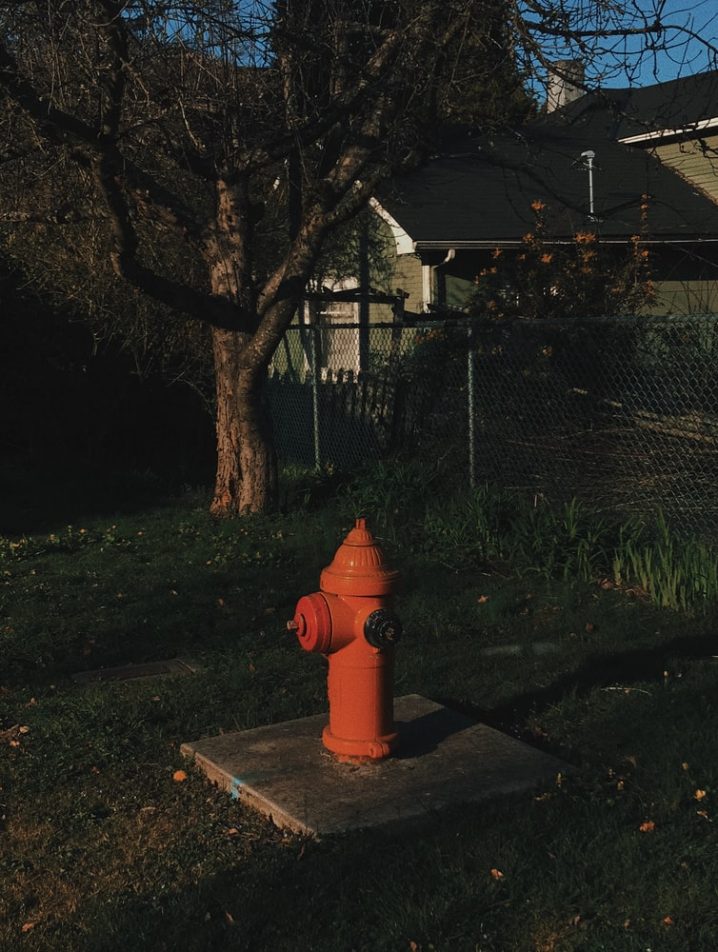Home fires increase during the winter months, as people turn to space heaters, gas stoves, and other risky strategies to keep warm, but they can happen at any time of year, which is why everyone needs to be prepared in the event of an emergency – but what does that look like? Simply put, it takes a lot more than smoke alarms, but you can ensure your family is safe at home with these five critical preparations. Ideally, you’ll never need them, but it’s better to be over-prepared than caught off guard if disaster strikes.

Create An Escape Plan
Children have fire drills at school and offices have escape routes posted on their walls, but most people don’t think to draft evacuation plans for their homes. Well, it’s time to start. Every family member should know multiple ways to escape the house if a fire breaks out, including how to check if there is a fire outside a closed door and what to do if they’re trapped on an upper floor or in the basement. You should also choose a meeting place where the family can gather after evacuating so that you’re not left searching for each other.
Call Your Insurer
Your homeowners insurance is there to support you and your family in your hour of greatest need, and that includes in the event of fire. As you make a plan for what your family would do in the event of a house fire, then, it’s worth giving them a call. While your insurer can only offer you the broad strokes as far as what they can offer you in the event of a fire, since the specifics circumstances are important, it’s worth making a record of who to call, how to find interim housing, and what other supports they can offer.
Emphasize Upkeep
When it comes to actively protecting your home from fires, maintenance should be one of your top priorities. For example, consider choosing fire retardant paint when updating your home – they make paints for both interiors and exteriors, as well as for a range of materials – choose fire-resistant furniture, and be vigilant about proper appliance installation. Problems with electrical connections, upkeep, and circuits are all common causes of fires.
Store Supplies Strategically
While most items in your home likely don’t represent any type of significant fire risk, there are a handful of things that should be stored with care, such as flammable chemicals. It’s also important to make sure that you store matches, lighters, and gasoline separately and out of reach of children. The fact is that no matter how much you impress upon your children the importance of not playing with such items, children are curious, and accidents happen.
Equip Your Home Appropriately
Most fire preparedness guides only address standard practices, like noisy fire alarms and escape ladders, but these strategies aren’t appropriate for everyone. Instead, you need to make sure that you’ve chosen emergency alert and evacuation systems that support everyone in your household. This might mean choosing different styles of smoke alarms for individuals with hearing impairments, ensuring there are accessible evacuation pathways for individuals with mobility limitations, and that you know who will help young children or elderly or disabled family members during evacuations.
We all struggle to actually respond when emergency strikes, but when you prepare and, most importantly, practice what to do, you can trust your gut to respond. When in a crisis, such internal knowledge and advanced preparedness is your most powerful resource.



